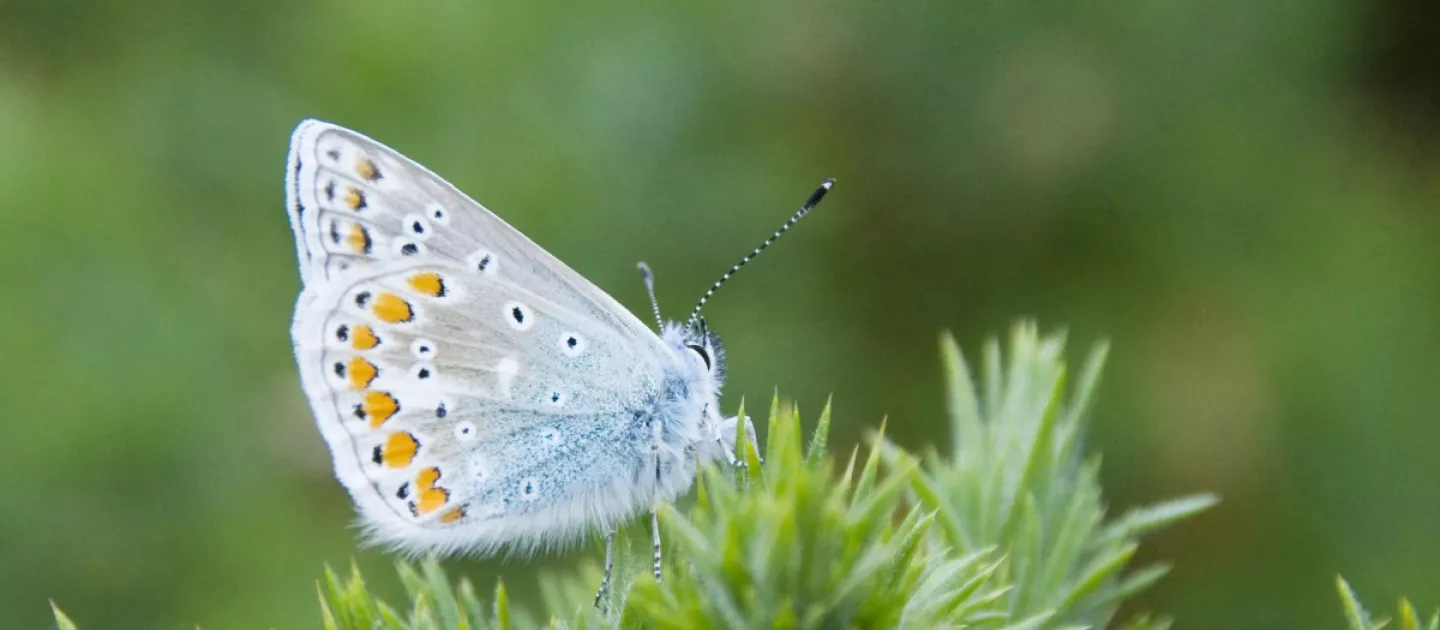Summary of the Impact:
More than 30 million jobs in the EU and many key economic sectors are dependent on a sustainable supply of Raw Materials, such as aluminium and zinc. However, the extractive operations to process and refine such raw materials generate approximately 300 million tonnes of waste per annum, representing one of the largest waste streams in the EU. This waste can be hazardous to the environment if it is not managed effectively.
Research from the University of Limerick is helping industry leaders to fulfil their environmental obligations while continuing to operate in a sustainable manner. The research findings are also contributing to international and national regulatory standards for the extractive industry.
Dr Ronan Courtney of the Department of Biological Sciences and the Bernal Institute explains: “This research is developing ecologically engineered solutions for the effective management of extractive waste. These solutions fall into two main camps – rehabilitation strategies where sustainable vegetation covers are established over mine waste, and constructed wetlands systems where mine water residue is managed and treated. Uniquely, these solutions are being developed on-site rather than in a lab, and the results are there for all to see.”
The ecologically engineered solutions devised by Dr Courtney are driven by industry and environmental needs. They are applicable to companies working with different raw materials and in different countries. Furthermore, the research is being used by regulatory bodies to manage ‘legacy waste,’ that is extractive waste left over from mines or quarries which have long since ceased operating. In many cases this waste is stored in tailing ponds which may be prone to a host of environmental issues such as acid mine drainage, soil contamination and flooding.
The research findings have led to ecologically engineered solutions for managing extractive waste.
These solutions are having a positive impact on problems arising from the past, fulfilling present-day industry needs, and protecting the environment into the future.
Dr Courtney adds: “The solutions have been adopted as preferred best practice closure techniques by RUSAL Aughinish for their site in County Limerick. Disseminating the findings at international industry forums and continual engagement has led to new collaborations with other industry leaders including Vedanta, Boliden and Rio Tinto. The research is cited in the current review of the European Commission’s Best Available Techniques Reference Document for the Management of Waste from Extractive Industries.”
